The AI Revolution Meets the Rulebook
Artificial Intelligence is no longer a futuristic buzzword — it’s the law of the land. Across the United States, AI legislation is rapidly evolving, rewriting how industries from Hollywood to Wall Street operate. What began as an effort to protect privacy and creativity is now transforming business models, hiring practices, and even financial forecasting.
This new era of AI laws isn’t just about regulation — it’s about redefining the balance between innovation and responsibility.
Why AI Regulation Matters Now
Until recently, most U.S. industries adopted AI freely, without much oversight. But after controversies in entertainment, finance, and healthcare, policymakers realized the need for control.
Here’s why regulation matters today:
| Key Reason | Impact on Industry |
|---|---|
| Data Privacy Concerns | Companies must now comply with strict data handling and consent rules. |
| Copyright & Ownership | Artists and creators demand control over AI-generated content. |
| Algorithmic Bias | New laws require transparency in how AI makes decisions. |
| Economic Stability | Wall Street firms must disclose how AI influences trading strategies. |
These policies are reshaping everything — from movie scripts to market trades.
Hollywood’s AI Showdown: Creativity vs. Control
The Rise of Synthetic Actors
The entertainment industry faced its biggest disruption when AI-generated actors appeared on screen. Studios began experimenting with “digital doubles,” sparking outrage among writers and performers.
Actors and writers’ unions argued for AI usage limits in contracts, ensuring digital likenesses aren’t exploited. As a result, AI laws now require explicit consent before any digital replication or script generation.
Copyright and Artistic Rights
Filmmakers and songwriters are pushing for clearer ownership laws. If AI writes a song or screenplay, who owns it — the algorithm, the studio, or the creator?
The U.S. Copyright Office now demands human involvement for registration, ensuring that creativity remains human at its core.
Wall Street’s AI Evolution: From Algorithms to Accountability
Smart Trading Under Scrutiny
Wall Street has been using AI for years — from high-frequency trading bots to predictive analytics. However, recent AI regulation in the U.S. forces financial institutions to disclose how their algorithms make decisions.
This ensures transparency and reduces the risk of automated market manipulation. Banks and hedge funds now invest heavily in AI compliance officers, making sure their models follow new ethical standards.
Risk Management Reinvented
AI-driven tools analyze millions of data points per second. But regulators worry that biased or faulty models could trigger financial instability.
That’s why the Securities and Exchange Commission (SEC) is rolling out frameworks for AI audit trails, allowing investigators to trace how an algorithm made a trade.
Tech Titans and the AI Compliance Wave
Tech companies once led AI innovation freely — now they face a wave of audits. AI-driven platforms must demonstrate compliance in:
- Data sourcing (verifying training data legality)
- Fairness testing (ensuring no discrimination)
- Transparency reporting (disclosing how AI models operate)
This compliance shift creates an AI accountability ecosystem, pushing corporations to balance profit with principle.
The Economic Ripple Effect Across U.S. Industries
1. Finance and Banking
AI laws are redefining investment strategies. Predictive analytics must pass fairness checks, and institutions face penalties for opaque automation.
2. Healthcare
Hospitals using AI for diagnosis or patient management must follow strict patient consent regulations. Compliance failures could result in lawsuits.
3. Manufacturing and Logistics
Automation is still booming, but now companies must prove they’re not replacing workers unfairly without retraining programs.
4. Real Estate and Insurance
AI-driven pricing algorithms face transparency tests to ensure they don’t discriminate based on income, race, or region.
AI Law Breakdown: Federal vs. State Regulation
| Level | Key Regulators/Acts | Primary Focus |
|---|---|---|
| Federal | White House AI Bill of Rights, FTC, SEC | Nationwide AI ethics, privacy, financial accountability |
| State | California, New York, Illinois | Localized data protection, creative rights, and biometric rules |
State laws often go further than federal guidelines — especially in California, where entertainment and tech sectors collide.
AI and Workforce Transformation
New AI regulations also reshape employment patterns. While some jobs face automation risks, others are emerging like AI compliance managers, data ethicists, and algorithm auditors.
Here’s how workforce trends are shifting:
| Old Role | Evolving Into |
|---|---|
| Financial Analyst | AI Risk Analyst |
| Copywriter | AI Content Supervisor |
| Data Engineer | Compliance-Focused Data Architect |
| Customer Support | AI Chat Flow Designer |
This transformation shows that AI doesn’t just replace — it redefines.
The Creative Economy and Ethical AI
The balance between creativity and compliance is delicate. AI tools offer limitless potential for art, film, and design — but misuse can erode trust.
U.S. industries are now adopting “Human-in-the-Loop” frameworks, ensuring that:
- Humans retain decision authority
- AI suggestions remain transparent
- Accountability is shared, not outsourced
The result: a more ethical AI ecosystem that fosters innovation while safeguarding integrity.
Challenges Ahead for Businesses
Even with progress, implementing AI laws remains complex.
Key challenges include:
- High costs of compliance infrastructure
- Shortage of AI law specialists
- Conflicting state and federal guidelines
- Rapidly evolving technology outpacing regulation
Businesses must strike a balance — staying compliant without stifling innovation.
How Companies Are Adapting
Forward-thinking companies are already preparing for stricter laws by:
- Establishing AI Ethics Committees
- Conducting bias audits on algorithms
- Adopting transparent data policies
- Integrating AI explainability tools for clients
At EliteEraDev, our AI automation solutions align perfectly with these compliance needs, empowering businesses to adopt intelligent tools responsibly.
Internal Insight: The AI Law Advantage at EliteEraDev
Unlike traditional automation firms, EliteEraDev focuses on legal-grade AI automation — meaning our tools are designed with compliance and transparency at their core.
From marketing automation to predictive analytics, we ensure every workflow respects emerging U.S. AI regulations.
You can explore more about AI transformation in our related post: “How Generative AI is Changing Content Creation: A Guide for Marketers.”
Future Outlook: The U.S. AI Regulatory Landscape
AI laws are only in their infancy. Expect more frameworks in 2026 and beyond focusing on:
- Ethical data licensing
- Human accountability in automation
- AI liability standards
- Cross-industry compliance networks
By 2030, U.S. industries could operate under a unified AI regulatory code, promoting innovation that’s safe, fair, and future-proof.
FAQs About AI Laws in the U.S.
1. What are AI laws?
AI laws are regulations that govern how artificial intelligence systems are developed, deployed, and monitored to ensure fairness, transparency, and accountability.
2. How do AI laws affect businesses?
Companies must follow compliance protocols when using AI covering data handling, automation ethics, and transparency in decision-making.
3. Which industries are most impacted by AI regulation?
Entertainment, finance, healthcare, and tech are leading sectors adapting to new AI oversight.
4. Are AI-generated works protected under copyright law?
Currently, only human-authored or human-guided creations qualify for copyright in the U.S.
5. What’s the role of EliteEraDev in AI automation?
EliteEraDev provides compliant AI automation tools designed to help businesses innovate safely under U.S. AI law frameworks.
Final Thoughts
From Hollywood’s creative battles to Wall Street’s algorithmic revolutions, AI laws are reshaping the U.S. economy in profound ways.
These regulations are not barriers — they are blueprints for sustainable innovation.
Try our AI Automation here at EliteEraDev.


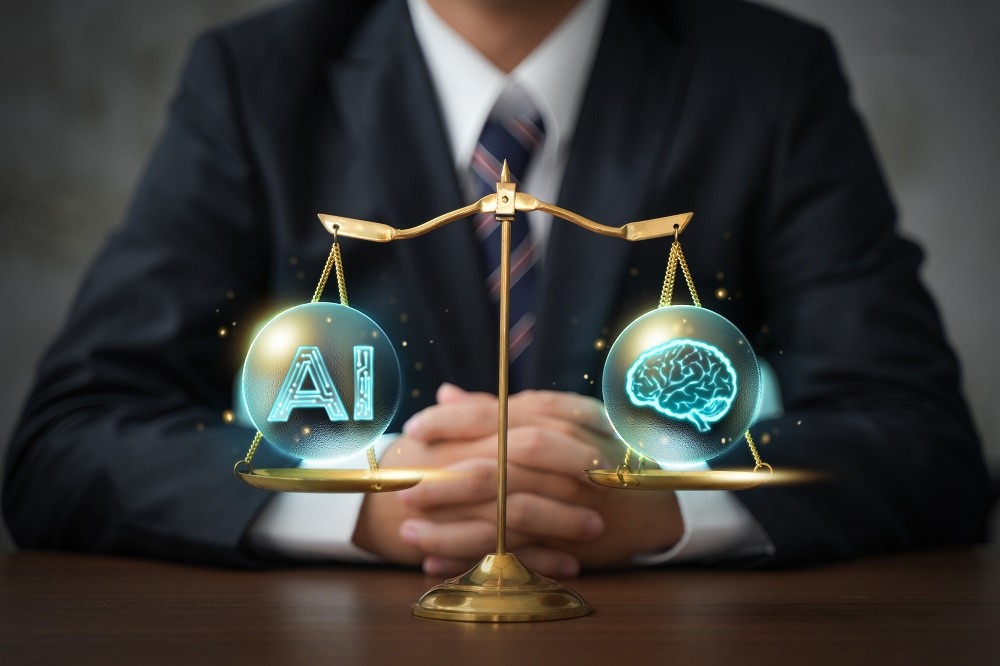

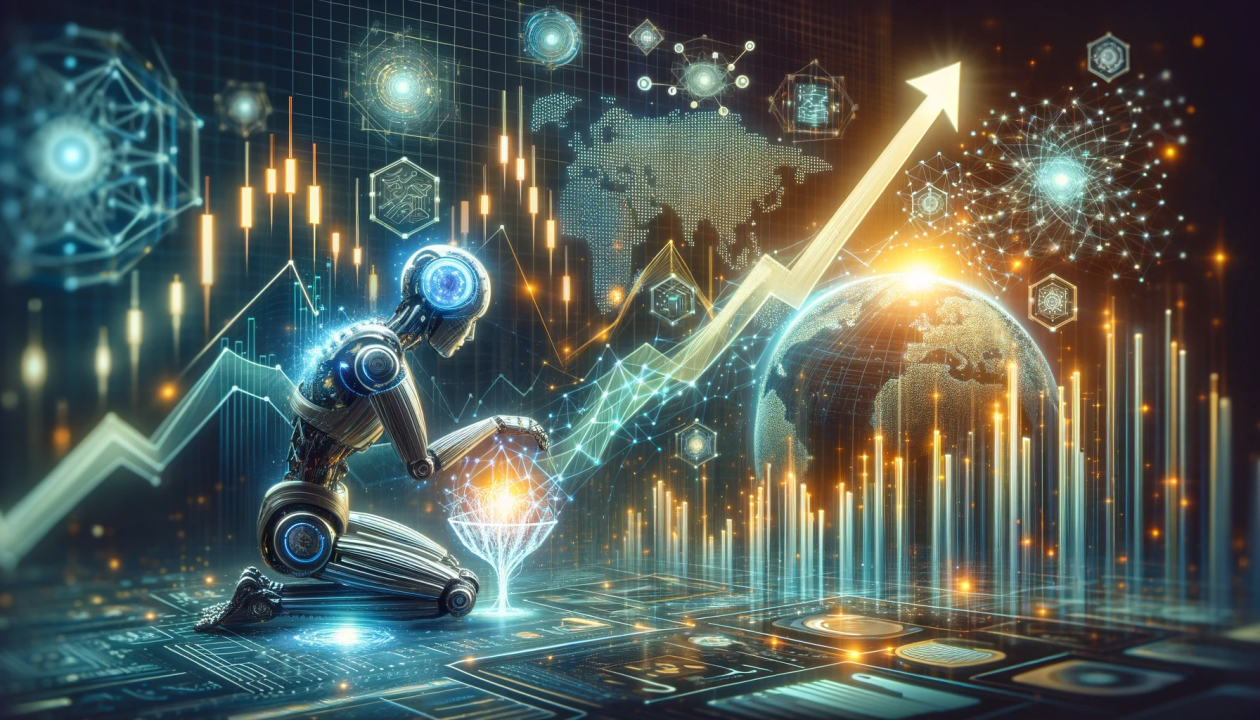
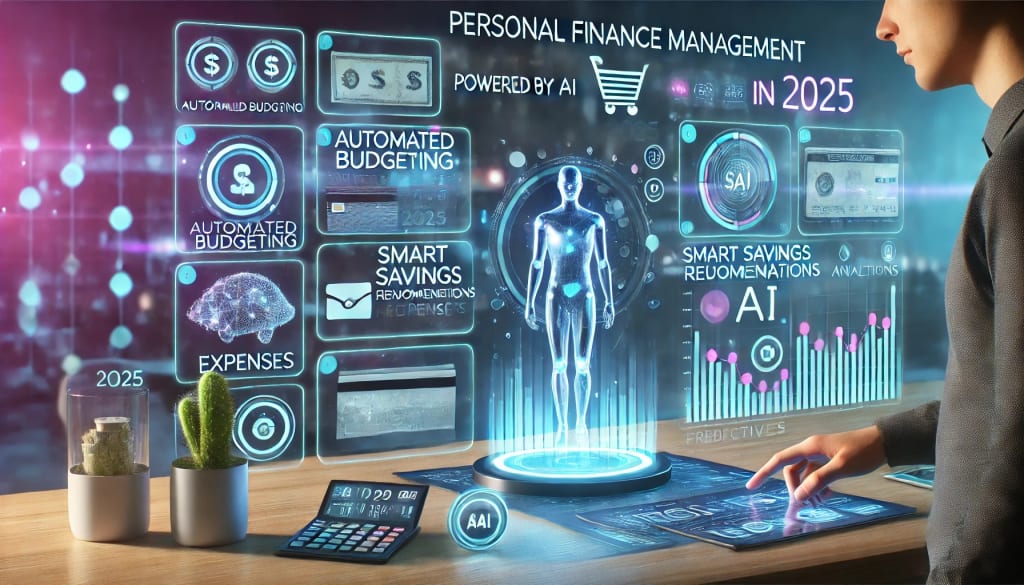
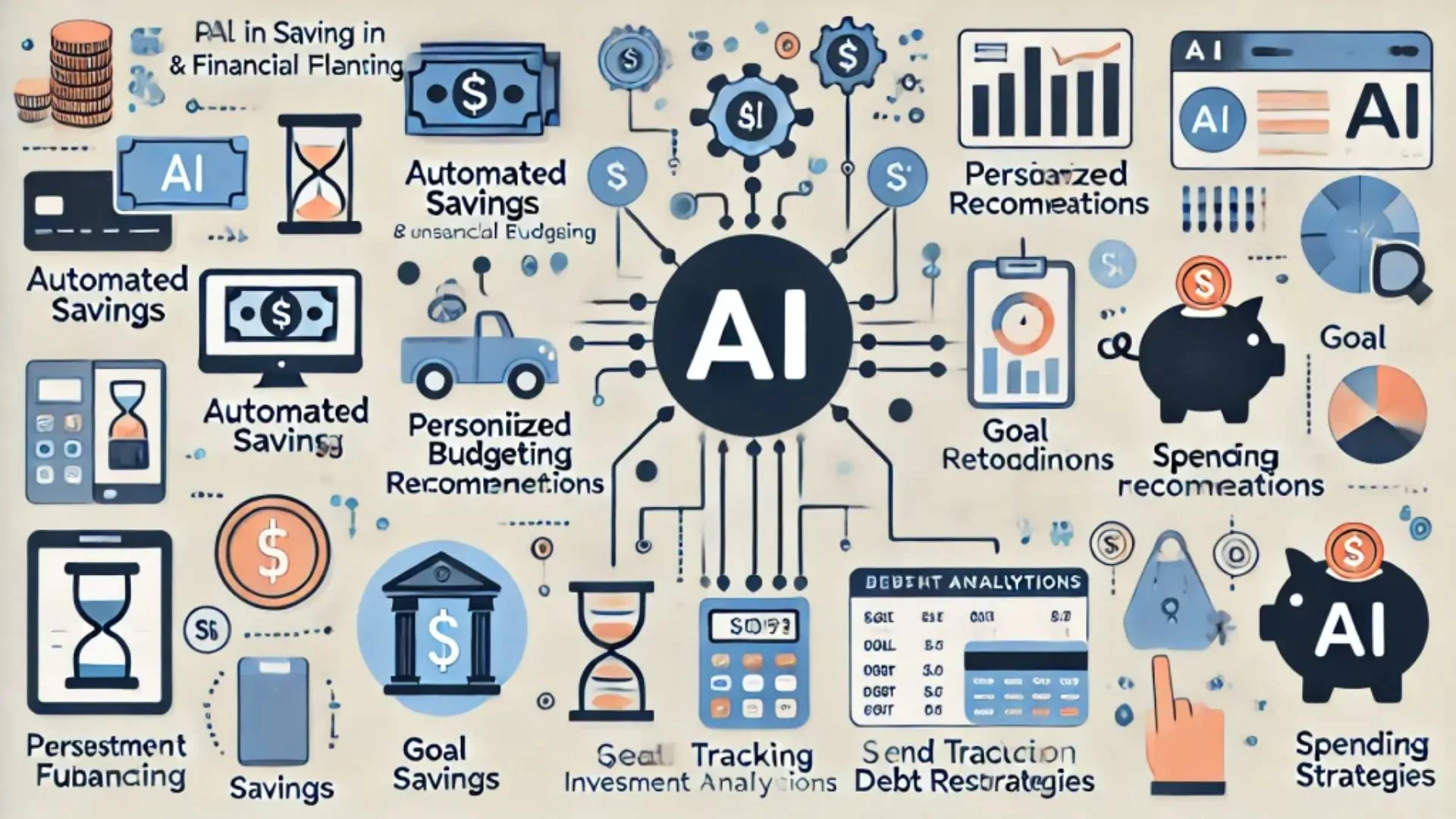

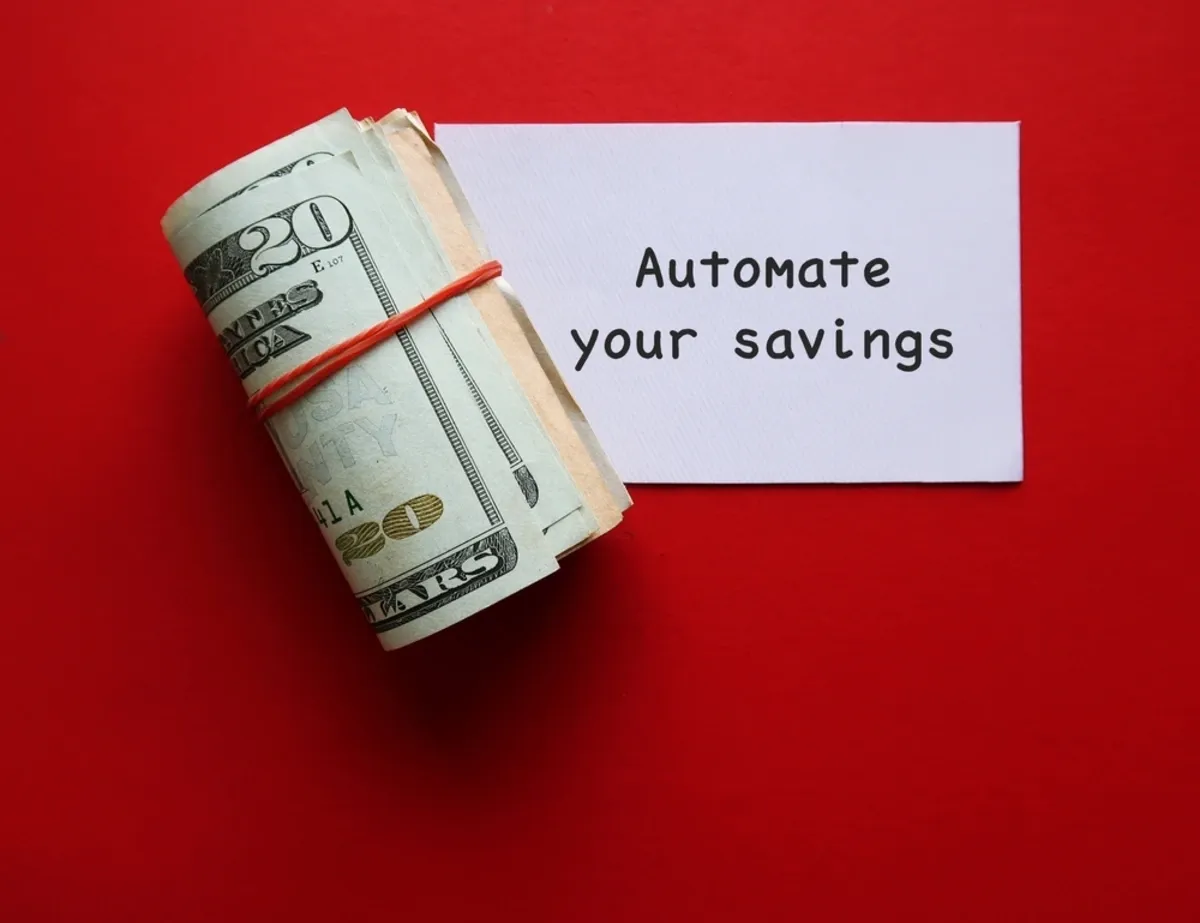


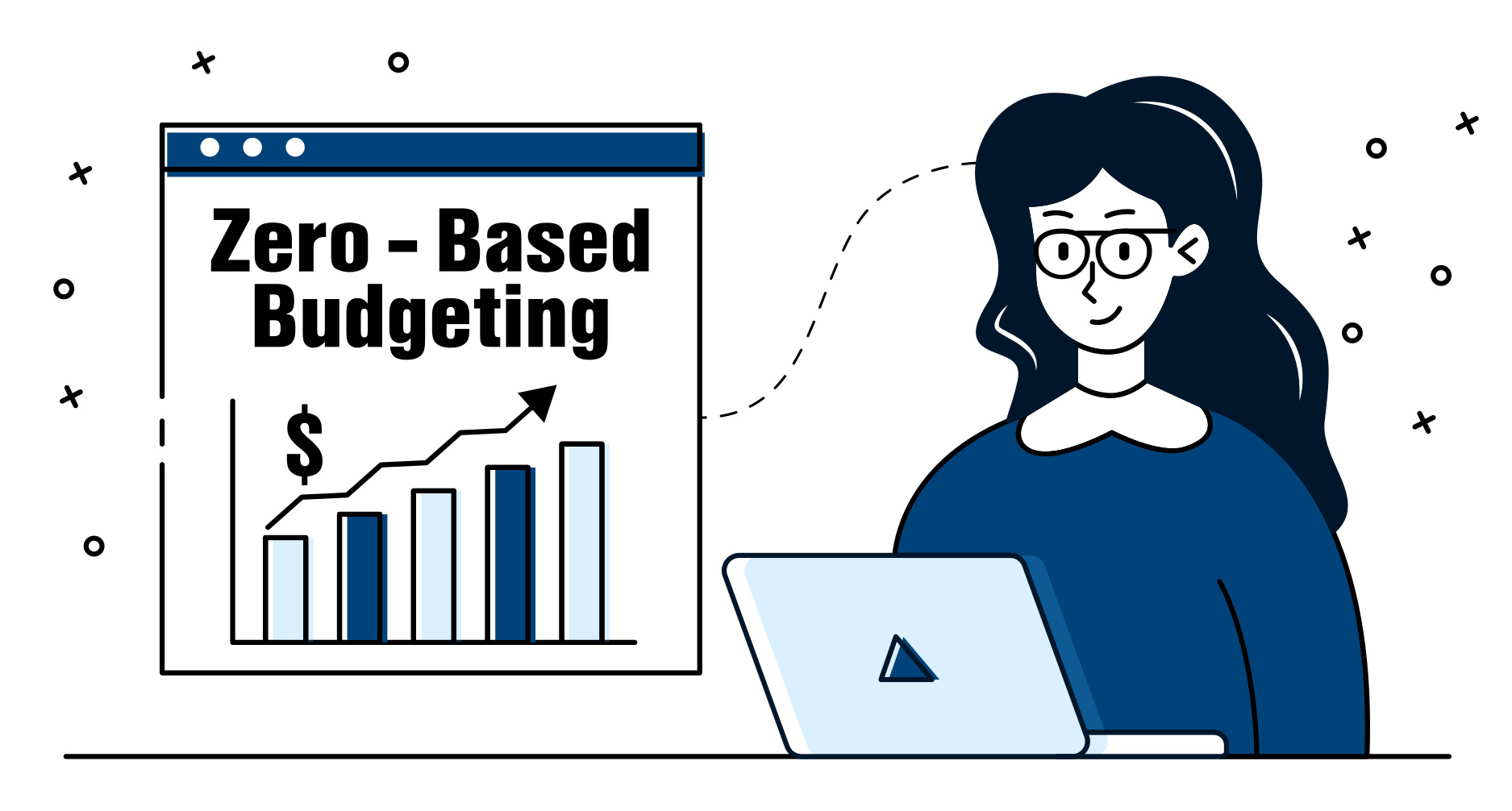

Leave a Reply